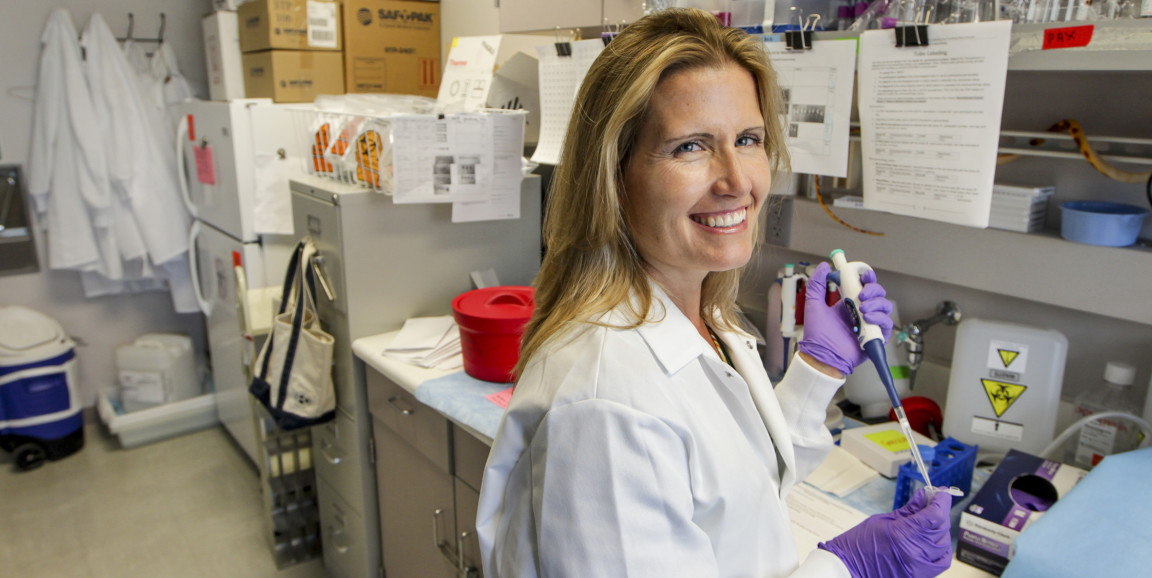Two scientists in the family inspired the career of behavioral neuroscientist Karen Parker, PhD.
One was her father, an electrical engineer who worked for Bell Laboratories. The other was an aunt, who had a PhD in communication disorders and discussed her work with her young niece.
Now Parker, an associate professor of psychiatry and behavioral sciences at Stanford, is making her own contribution to the field, with research exploring the role of certain hormones in regulating social behavior of people with autism.
A recent Ozy profile tracks Parker's career trajectory. "It was really exciting to see the research arc from an idea, to the design of a project, to the execution, to the new data," she recalled of talking with her aunt as a young girl.
Fast forward to Parker's college years at the University of Michigan, where her studies as an undergraduate and graduate student focused on the biological basis of social functioning. Next came postdoc work and a faculty position at Stanford. Parker zeroed in on a field that was surprisingly thin at the time: autism research. More from the piece:
It was around the same time that Parker became a first-time parent -- she now has three healthy children -- and she came to know the families of children with autism. 'How would I feel if I had a child with a disorder for which there were no objective laboratory-based diagnostics and no drugs to treat the core symptoms?' She became 'consumed' with searching for answers that could substantially improve pediatric health.
Parker's quest brought her back to investigating how the hormones oxytocin and vasopressin influence social functioning. Findings from a study she published last year suggest that children with autism and very low oxytocin levels improved their social functioning when they received additional oxytocin as medication.
She's continuing her research of the hormones, but also now collaborating with the California National Primate Research Center at the University of California, Davis, to study macaque monkeys that have naturally-occurring social impairments. There, as the story explains:
Parker plans to test new therapeutic compounds (such as hormone-based or pharmacological treatments) in monkeys to establish that they're safe. 'The way that I've set the lab up is that we do a lot of parallel work in our monkey model and our human patients so that we can readily translate findings that we see in the animals to the patients,' she says.
Outside the lab, Parker continues to seek information about how people with autism experience the world. The more she learns about them and the intricate puzzle that is autism research, the more she is motivated to find answers, she said.
Photo by Norbert von der Groeben




